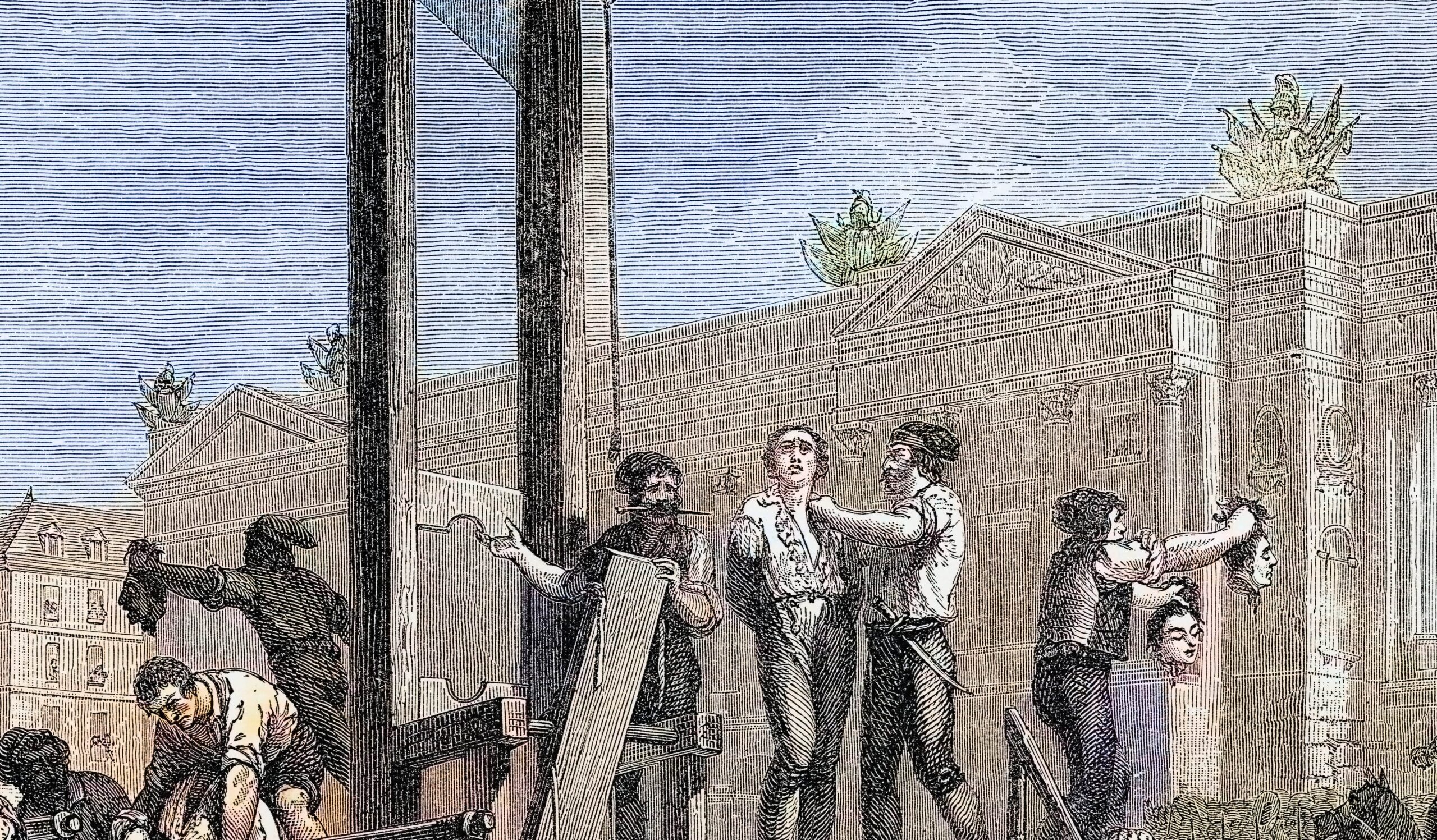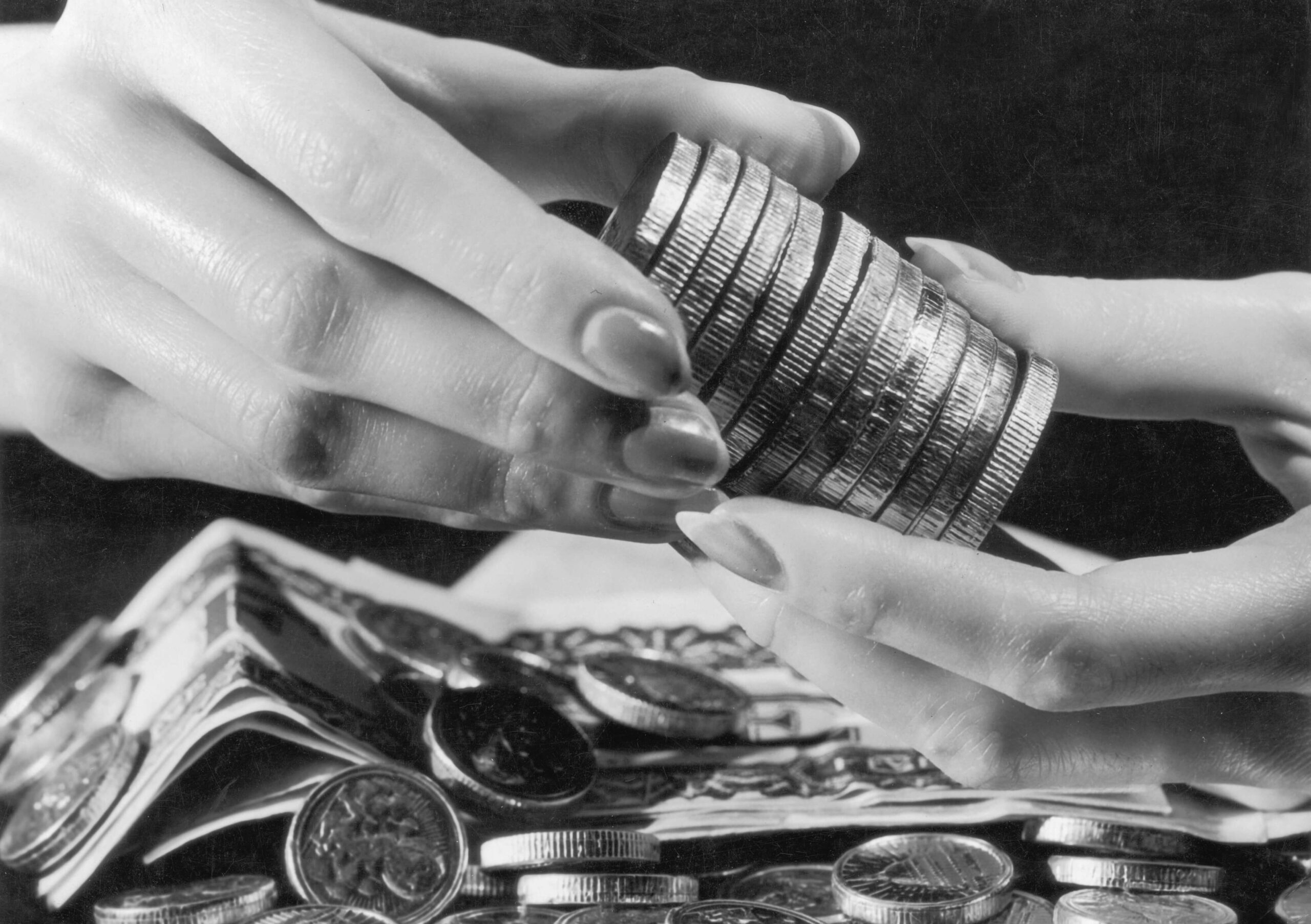For at least the last three centuries, faith in progress has been a great rival to the Christian faith—not least within churches themselves. What a loving God is to the Christian a benign universe is to the votary of progress. And what is Providence for the one is History for the other. Christians have many denominations; likewise progress comes in many philosophical forms: Hegelian, Marxist, liberal, and others.
By the beginning of the twenty-first century, there was a widespread belief among Western intellectuals that a decline in Christianity could only mean a gain for progress. So news last year from the Pew Research Center that persons with no religious affiliation now account for some 28 percent of the American public may have been greeted with inward rejoicing, if not outward cheers, by the adherents of progress. The ranks of atheists and agnostics have grown, but not as much as the cohort that identifies itself as “nothing in particular” where religion is concerned. This last comprises 63 percent of the whole group, compared to the atheists’ 17 percent and agnostics’ 20 percent. Together, all are the “nones.”
But indications are that there is another kind of none. This kind is atheist, agnostic, or nothing in particular in matters pertaining to the god of progress. And just as some of the nones surveyed by Pew do believe in God, even if they don’t participate in organized religion, the nones of faith in progress may still wish to believe the cosmos is benign. What they lack is a commitment to any system—any grand, organized idea.
In the twentieth century, great ideologies fought to dominate the world. They were the legacies of the French Revolution and the philosophy of Karl Marx: the former showed that the ancient order of Europe was fragile and would shatter from violent upheaval; the latter prophesied an inevitable post-revolutionary future of freedom and equality. Fascism and even liberalism came to style themselves after those original nineteenth-century revolutionary impulses. As the Soviet empire rotted away, liberals hailed their own ideology as the end of History. Liberalism had proved to be the truly rational ideology, they believed, and it must sooner or later prevail everywhere. Rogue states and terrorists could only delay this revolution, not prevent it.
The proof was the absence of any alternative: if communism and fascism had failed, then another ideology must have succeeded. History without direction or end was inconceivable; some rational vision of human destiny must be correct. The only thing that could falsify the triumph of liberalism would be the rise of some compelling new comprehensive ideology that was able to win more converts. No such system turned up. There are still a handful of geriatric communist states, and fascism is supposed to recrudesce whenever liberal watchdogs let their guard down. Yet no fresh competitor in the struggle of global revolutionary ideals has come forward in the twenty-first century.
The very capacity for organized faith, not just in religion but in progress too, is eroding.
Liberalism was the last hope for progress as a political faith—a system that could rationally organize the world for human benefit by following the economic and moral laws of benign nature. But despite the absence of any equally systematic opponent, the great ideological edifice is crumbling. Instead of winning ever more converts, liberalism is losing adherents, and its institutions are in crisis. What faith in progress remains is ideologically splintered and personalized, consumed by identity politics rather than united by the conceits of scientific universalism. It’s as if a great religion has collapsed into an anarchy of cults. This is the end of History—not a goal attained but a capital letter rendered irrelevant. Entropy has dethroned progress.
The very capacity for organized faith, not just in religion but in progress too, is eroding in the twenty-first-century West. Nones may be postliberal as well as post-Christian. The ideologies that thrived for two centuries after the French Revolution did not succeed in replacing religion with a secular substitute; they were all along vulnerable to the same loss of faith that afflicted Christianity itself. And while Christianity endures despite weakening commitments in the West, progress as a faith has nowhere else to go in this world or any other. It aspired to be more universal than any church, but faith in progress is instead far more parochial.
Conservatives, however, must be careful not to make the same mistake as progressives have. The latter failed to see the danger for themselves in the source of their rival’s travails. Conservatism is stronger for not being an ideological system or a counterfeit religion, but it too has much to fear from entropy and anomie. In the great age of ideology, the right could define itself as simply anti-ideological. In the age of entropy, conservatives must also restore the willingness to make the right kind of grand commitments.















